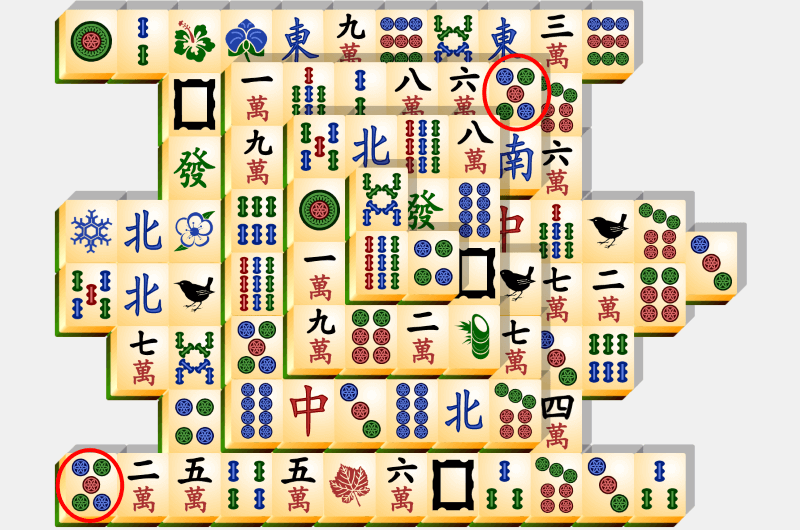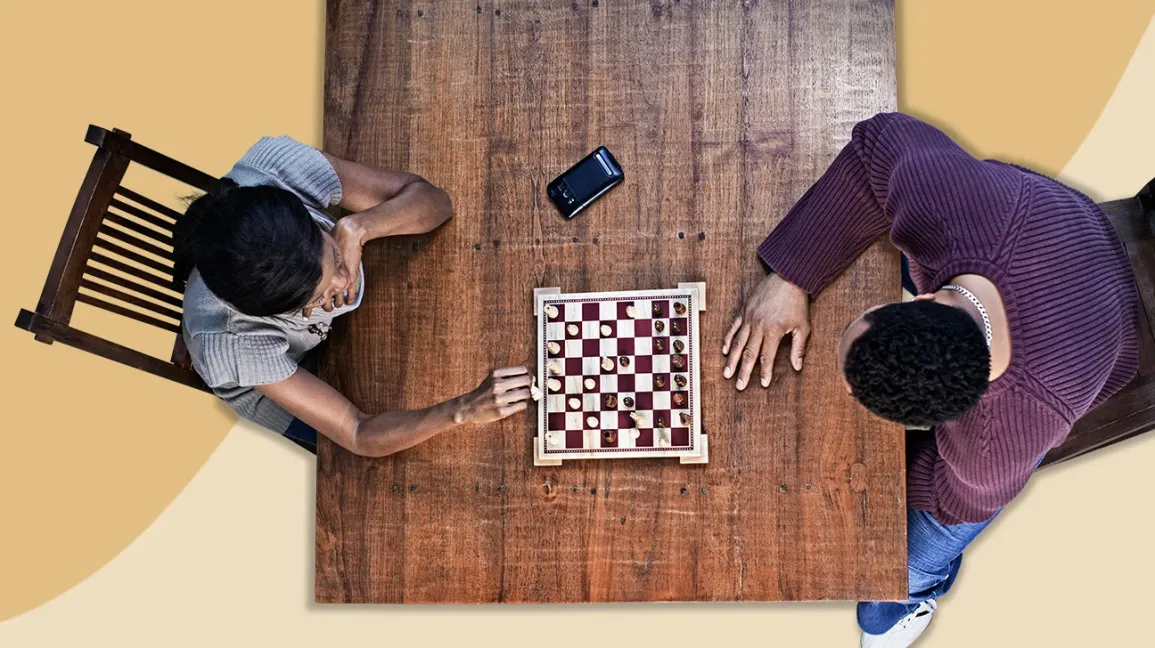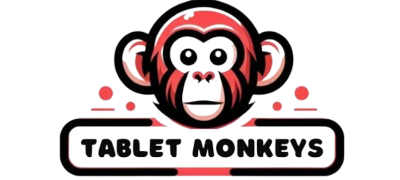How to Use Your Tablet for Brain Training and Cognitive Health
We all love our tablets for streaming, scrolling, and shopping, but did you know they can also serve as powerful tools for cognitive health? Tucked between TikToks and news feeds, there’s a world of brain-training apps waiting for us.
Mahjong

This game is a timeless favorite. On your tablet, playing Mahjong365 online feels delightful. There's no clatter of physical tiles, no setup hassle, just smooth swipes, elegant visuals, and the satisfying sense of building sets. It’s accessible, social (many platforms let you compete or chat with friends), and tailored to both casual and more competitive players. A few taps later, you’ve sharpened recognition, pattern recall, and strategic thinking, all while enjoying a classic game reimagined for our age.
Sudoku and crosswords
Then there are puzzle staples like Sudoku and crosswords. These heroes of daily papers now come alive in app form, designed to fit into even the busiest schedules. You can have a quick 5-minute Sudoku session during a coffee break, or a relaxing crossword while dinner simmers. These routines subtly train working memory, attention, and verbal recall. Seeing a nearly complete row or finding that elusive punny answer hits differently when swiping tiles or typing on a screen.
The global brain training apps market reached a valuation of USD 7.2 billion in 2023, with a projected 8.6% compound annual growth rate through 2033. It’s proof that millions worldwide are turning to these apps to keep their minds active, and doing so on mobile devices like tablets.
Memory, focus, and adaptivity in training apps
Besides traditional puzzles, memory and cognitive training apps abound. Services like Lumosity, which are used by over 100 million people globally, offer bite-sized brain workouts tailored to your strengths and growth areas. Elevate, with more than 40 games ranging from math to comprehension, turns your tablet into a personalized mental coach, complete with weekly progress tracking and rewards.
What’s especially powerful about these apps is personalization. As you play, the difficulty adapts, and your routine evolves into a habit. So there’s no longer need to think about “when to train,” your device cues you with friendly nudges or notifications.
Scientific baking and real benefits
The science behind cognitive training is a mixed bag, but there’s meaningful promise. A 2023 study using a smartphone-based cognitive training application found measurable improvements in phonemic naming ability and activation of the prefrontal cortex, which is a key player in planning and memory. That means simple app workouts are doing more than passing time. What’s magnificent is that they’re lighting up the parts of your brain tied to focus and fluency.
A broader 2026 analysis of 53 mobile brain-training apps revealed that 98% included memory exercises, 91% targeted attention, and some apps even stretched into executive and visuospatial functions. That breadth shows real thoughtfulness behind app design: developers aim to create tools that reflect how our brains work, not just games to scroll past.
Jigsaw puzzles, N-Back, and going offbeat
Beyond the familiar, there are other gems to explore. Jigsaw puzzle apps engage visuospatial skills and fine motor coordination. They are perfect for mindful focus sessions that feel meditative. Then there’s the N-back task (especially dual N-back), which challenges working memory by asking us to remember a sequence of stimuli a few steps behind. It’s a brain teaser with scientific cache, and several tablet-friendly versions are available for free.
Even apps like “Brain Age” (originally a Nintendo title) have carried over to tablet platforms with modes like Quick Sudoku and Stroop tests, blending familiarity with modern touch controls. A 2010 study (yes, somewhat dated, but still relevant) found students who played Brain Age improved test scores by 50% and completed tasks much faster than their peers.
The social side of brain games

Brain training doesn’t have to be a solo mission. Many tablet apps now weave in social features like leaderboards, friend challenges, or even real-time matches in games like online mahjong. The social layer transforms a solitary activity into a shared experience, whether it’s a family crossword challenge or a group Sudoku tournament.
For older adults, this can be especially meaningful, helping maintain connections while sharpening memory and focus. And for younger users, it adds a friendly competitive edge that keeps them coming back. When our brains are engaged alongside others, the motivation to keep playing and training grows stronger.
Balance and mindful play
It’s easy to get caught up in endless tapping, especially when games are designed to be addictive. But tablets also allow for a more mindful approach. Apps that encourage daily limits, session timers, or relaxation modes help strike a balance between training and rest. Even short, 10–15 minute sessions of puzzles or mahjong have been shown to activate critical cognitive functions without overwhelming the mind.
You can be pairing brain games with mindful breaks like stretching, meditating, or a quick walk. That way you can create a rhythm that’s sustainable. In the end, the goal isn’t just sharper memory or quicker focus but a healthier relationship with our devices, where technology enhances well-being instead of draining it.
Making it a healthy habit
The great advantage of using tablets is that cognitive workouts can sneak into your day in an opportune moment like morning coffee, standing in line, pre-bedtime wind-downs. With in-app reminders, timeline games, and quick access, it's easier to fit in a brain warm-up than schedule a gym session. Plus, the evolving content, including daily puzzles, seasonal challenges, new mahjong variants, keeps things fresh and prevents mind fatigue.
To make the most of it, try mixing game types: a memory app in the morning, a crossword at lunch, and mahjong or jigsaw in the evening. This variety taps different parts of your cognition such as verbal, spatial, and executive and keeps your sessions fun.
Tools for brain training
Tablets truly shine as tools for brain training. With a gentle tap, you can dive into classic mental exercises like mahjong, Sudoku, crossword solvers, puzzle apps, and cognitive training games. Some work your pattern recognition, others sharpen your memory, and still others challenge your attention or executive function. It's all accessible, adaptive, and delightfully simple.

Jim's passion for Apple products ignited in 2007 when Steve Jobs introduced the first iPhone. This was a canon event in his life. Noticing a lack of iPad-focused content that is easy to understand even for “tech-noob”, he decided to create Tabletmonkeys in 2011.
Jim continues to share his expertise and passion for tablets, helping his audience as much as he can with his motto “One Swipe at a Time!”
